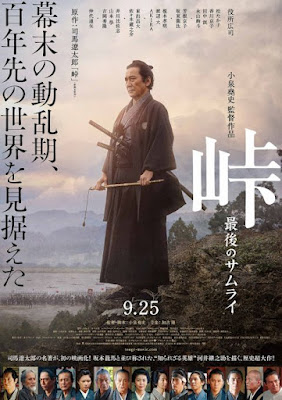For Shuji Sasaya, home is not where the heart is and he is definitely not the king of his castle—especially since he was forced to sell his inherited McMansion to cover his gambling debts. None of the other family cliches apply to the rest of the Sasayas either, but at least they all get together for one last bash at the old family home in Masashi Yamamoto’s relentlessly bizarro Wonderful Paradise, which screens as an online selection of the 2021 Japan Cuts Festival of New Japanese Film, at the Japan Society.
Nobody is happy about moving, even though none of the family has particularly fond memories of their time in the luxurious house. Sasaya’s daughter Akane tries to make some at the last minute by inviting the entire internet for a BYOB blowout. It doesn’t take long for pretty much everyone to show up, including her estranged mother, Akiko.
What starts as a party morphs into a matsuri festival fused with a rave. Good taste and any sense of realism quickly gets tossed out the window. Buckle yourself in for a Bollywood-style musical number, a Buddhist funeral using the local dealer’s pot for incense, a blood-soaked (but not fatal) same sex wedding, the ghosts of the Sasaya grandparents, a pop-up café with a coffee bean straight out of Little Shop of Horrors, and a boy who weirdly turns into a stick (sort of like what happens to Josie Packard in Twin Peaks, but we’re not supposed to be disturbed by it here).
The last part is a good example of the film’s tonal issues. Yamamoto and co-screenwriter present it all as good crazy fun, but a lot of what happens is really dark and twisted. It is also pretty difficult to care about any of these characters, except maybe Akane (and there is an outside chance for her nebbish brother Yuta).







